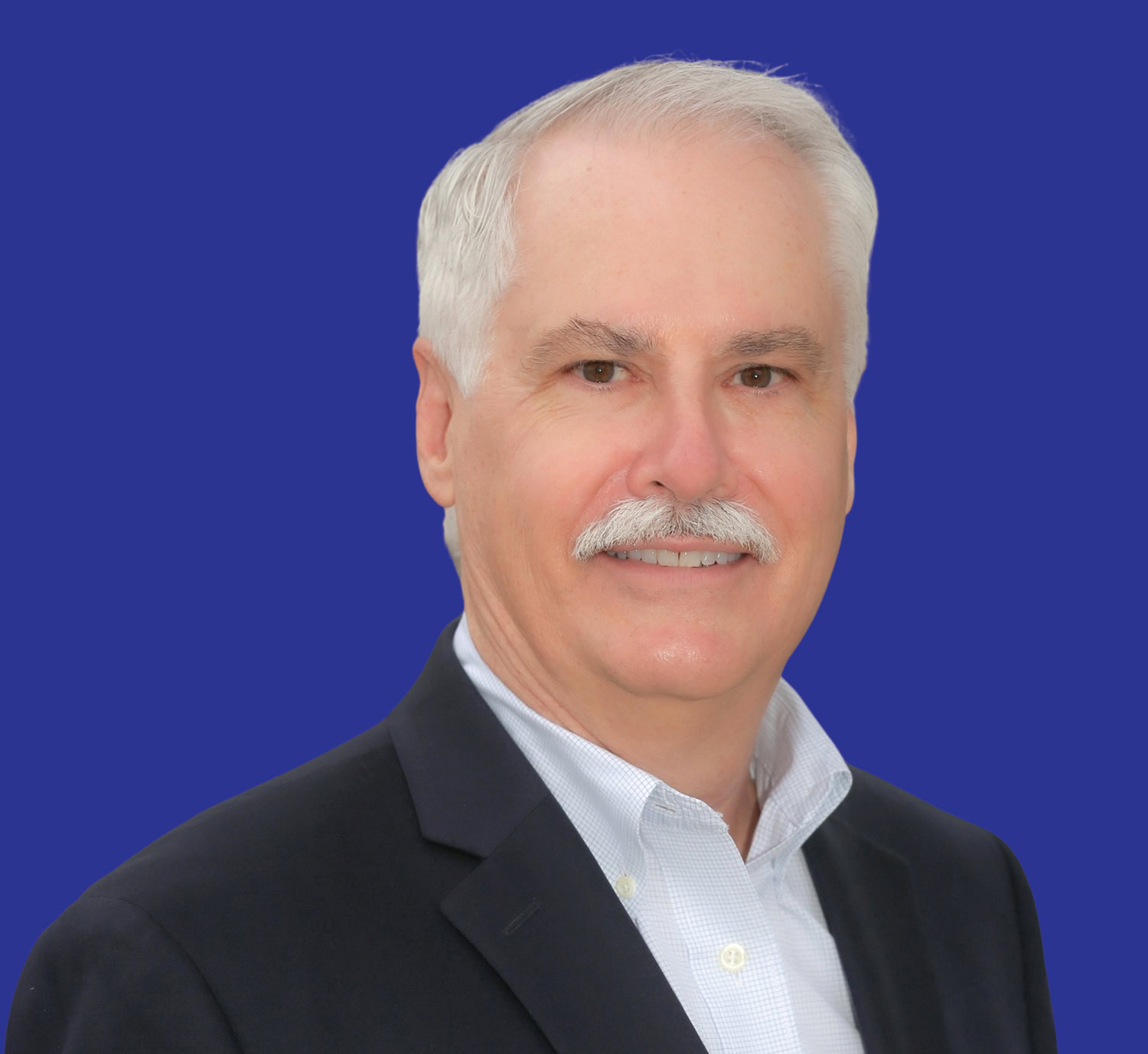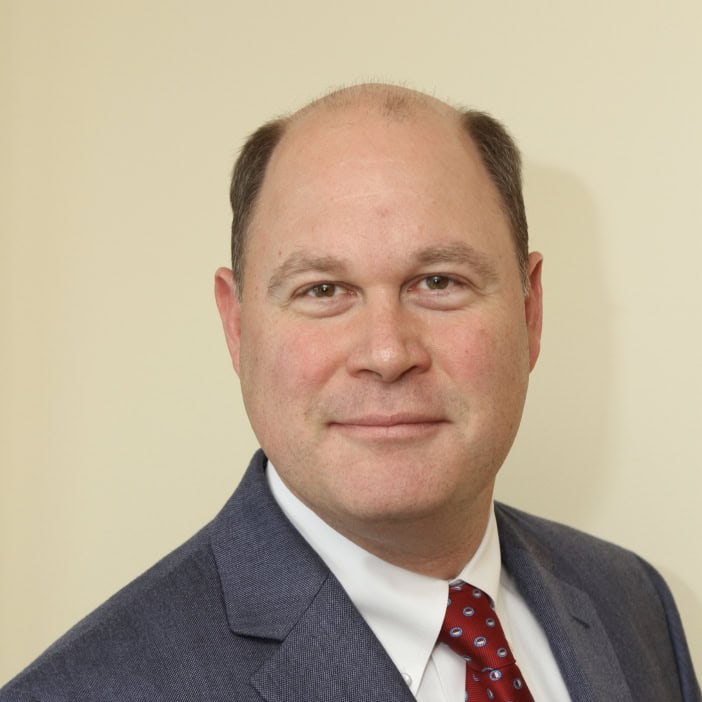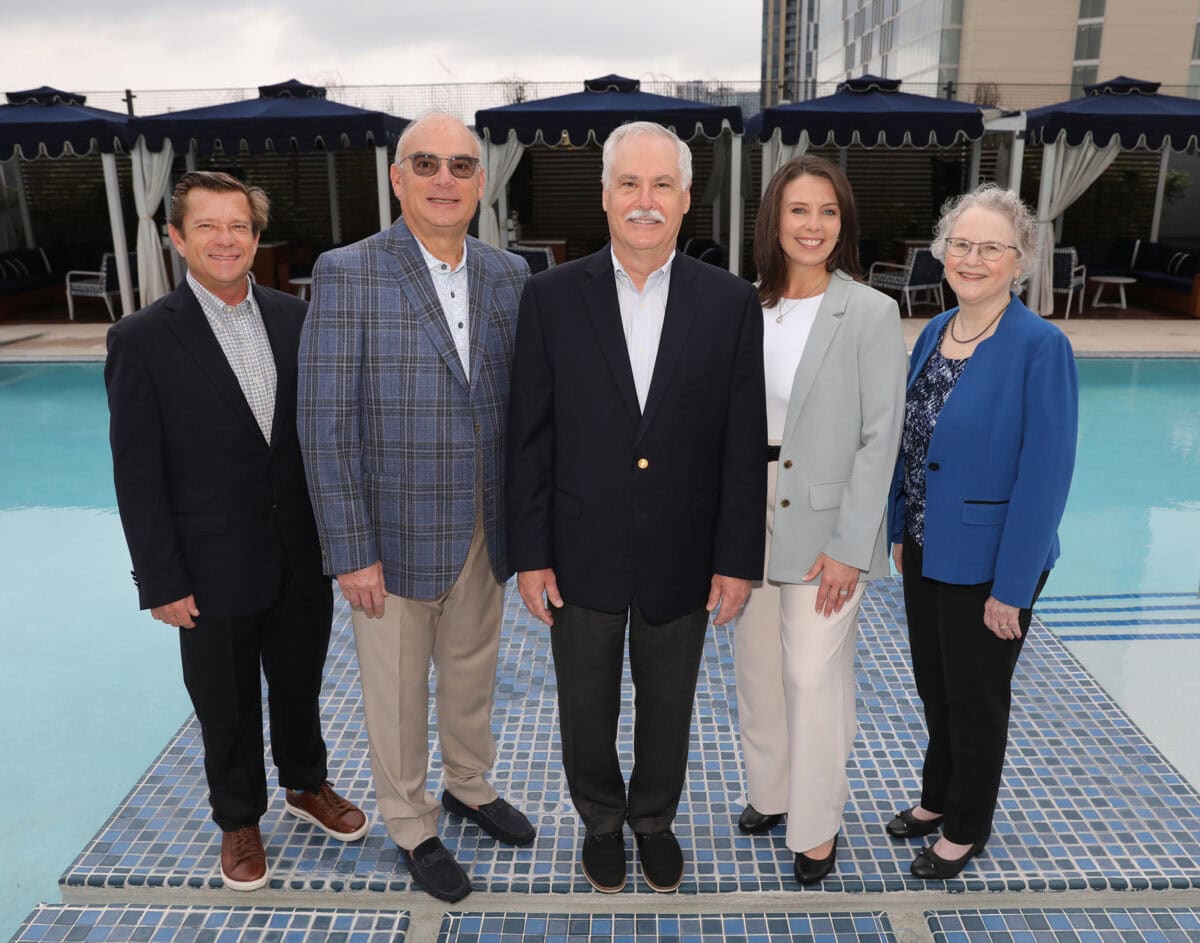By Stefan Engelhardt of NASBP Member CAC Specialty
Chances are, you’re reading this somewhere in the United States. No, I’m not a magician, I just passed a few statistics classes in college, and I know the numbers are on my side: around 50% of global surety premium originates in the United States, and close to 75% is concentrated within North America.
Let that sink in.
Surety, as we know it—regulated, reliable, and embedded in project finance—is essentially a North American phenomenon. Step outside the U.S. or Canada, and suddenly this multi-billion-dollar industry becomes a niche product, often misunderstood, underutilized, or entirely absent. As someone who brokers surety deals across borders, I can tell you firsthand: the world doesn’t lack opportunity. It lacks awareness.

A Global Construction Boom Without Surety
Look at global infrastructure spending. The World Bank estimates that emerging markets will need over $15 trillion in infrastructure investment by 2040. Governments are rebuilding. Private capital is flowing into renewables, telecom, and logistics. Contractors are mobilizing everywhere from Southeast Asia to West Africa. And yet, in many of these regions, surety bonds aren’t even part of the conversation.
Instead, developers rely on bank guarantees; tying up lines of credit, inflating project costs, and increasing risk for both parties. Meanwhile, the product we specialize in—low-cost, off-balance sheet, performance-backed guarantees—remains on the sidelines. Why? Because surety doesn’t scale on familiarity alone. It scales on trust, education, and relationships.
Why Surety Stays Local
Surety is hyper-local by design. Sureties and underwriters want to know the principal, the obligee, the legal system, the jurisdiction, the culture. Historically, that has made sense. North America offers legal precedent, robust financial disclosure, and a strong claims ecosystem, but that bias toward familiarity becomes a ceiling. We underwrite what we understand—and avoid what we don’t. Even if the credit is solid, if the jurisdiction isn’t, we pass on the opportunity. As a result, international obligees rarely ask for surety; in fact most times they’ve never seen it. They don’t know what to expect in the event of default. They trust bank instruments because banks are what they know, even if it comes at a higher cost.
That’s the sad truth . . . as long as the demand isn’t there, the supply won’t be either.
Pushing the Conversation Outside Our Comfort Zone
This is where brokers, underwriters, and surety leaders can make a real impact. When I engage with international partners, developers, lawyers, procurement teams, the most common reaction to surety is, “Why have we never used this before?” The benefits are obvious once explained. No collateral. Minimal impact on working capital. Professional claims handling. It’s not a hard sell. It’s just a new one.
We don’t need to sell surety. We need to teach it.
The more of us who are willing to explain how it works, especially to international obligees, the faster we normalize it beyond our borders. That means stepping into RFPs early. It means educating global counsel. It means showing lenders that risk transfer can come from more than just LC’s and PCG’s. It also means being realistic. Not every market will adopt U.S. style surety overnight, but we’ve already seen progress in regions like the EU and LATAM. Some multinationals are starting to require surety on cross-border JV projects. Global insurers are building international capacity. Things are shifting. They just need a push.
What Would a Global Surety Market Look Like?
Imagine a world where surety bonds are considered standard practice in Mumbai, Prague, and Abu Dhabi, not just in Houston or Toronto. Surety programs could help unlock projects that would otherwise get bogged down in collateral requirements. Local contractors could compete with multinationals. Investors could de-risk capital deployment without relying on traditional bank instruments. Government agencies could access competitive pricing without sacrificing financial security. That’s not just good for our firms, it’s good for global development.
The Responsibility We Share
I didn’t set out to work in surety. Like most, I found it after leaving a prior career behind. I was uncertain of what I had fallen into, but the more I learned, the more it just made sense. I believed in it, more than anything I’d done before . . . and even more so now than ever. That’s because surety isn’t just a product. It’s a system of trust that helps people build things that matter—to their communities and to the economy.
If you’re reading this and you’ve ever worked a deal outside the U.S., I’ll challenge you: next time you’re involved in an international opportunity, take the time to explain surety. Even if it’s just a 5-minute sidebar. Even if the client doesn’t go for it right away.
We don’t need to wait for the market to change—we are the market.
The more conversations we start, the more trust we build. And eventually, we might look back and laugh at how North American this whole thing used to be.
Want to Get Involved? Start with the NASBP International Surety Committee
If expanding the global footprint of surety is something that interests you, there’s no better place to plug in than the NASBP International Committee.
This committee brings together brokers, carriers, and industry experts who are passionate about increasing awareness, developing global best practices, and building capacity for international bonding. Whether you’re looking to break into new regions, share lessons learned, or just connect with others working on cross-border deals, this is your community.
Getting involved is simple: attend a committee meeting, join a working group, or just reach out to current NASBP members at the NASBP Annual Meeting & Expo. You don’t need to be an international expert to join, you just need to be curious and committed to growing the reach of our industry.
Let’s take the conversation global—together.
 Stefan Engelhardt is a Surety Broker & VP for CAC Specialty. Engelhardt brings a wealth of experience in the Healthcare, Power & Renewables, Construction, and Real Estate sectors. His focus is helping private equity firms and businesses owned by PE with balance sheet strategies and credit solutions, as well as helping international companies manage overseas surety capacity. Engelhardt is a member of the NASBP Commercial Surety Committee and Professional Development Committee. He can be reached at stefan.engelhardt@cacgroup.com or 503.495.3519.
Stefan Engelhardt is a Surety Broker & VP for CAC Specialty. Engelhardt brings a wealth of experience in the Healthcare, Power & Renewables, Construction, and Real Estate sectors. His focus is helping private equity firms and businesses owned by PE with balance sheet strategies and credit solutions, as well as helping international companies manage overseas surety capacity. Engelhardt is a member of the NASBP Commercial Surety Committee and Professional Development Committee. He can be reached at stefan.engelhardt@cacgroup.com or 503.495.3519.
Get Important Surety Industry News & Info
Keep up with the latest industry news and NASBP programs, events, and activities by subscribing to NASBP Smartbrief.




